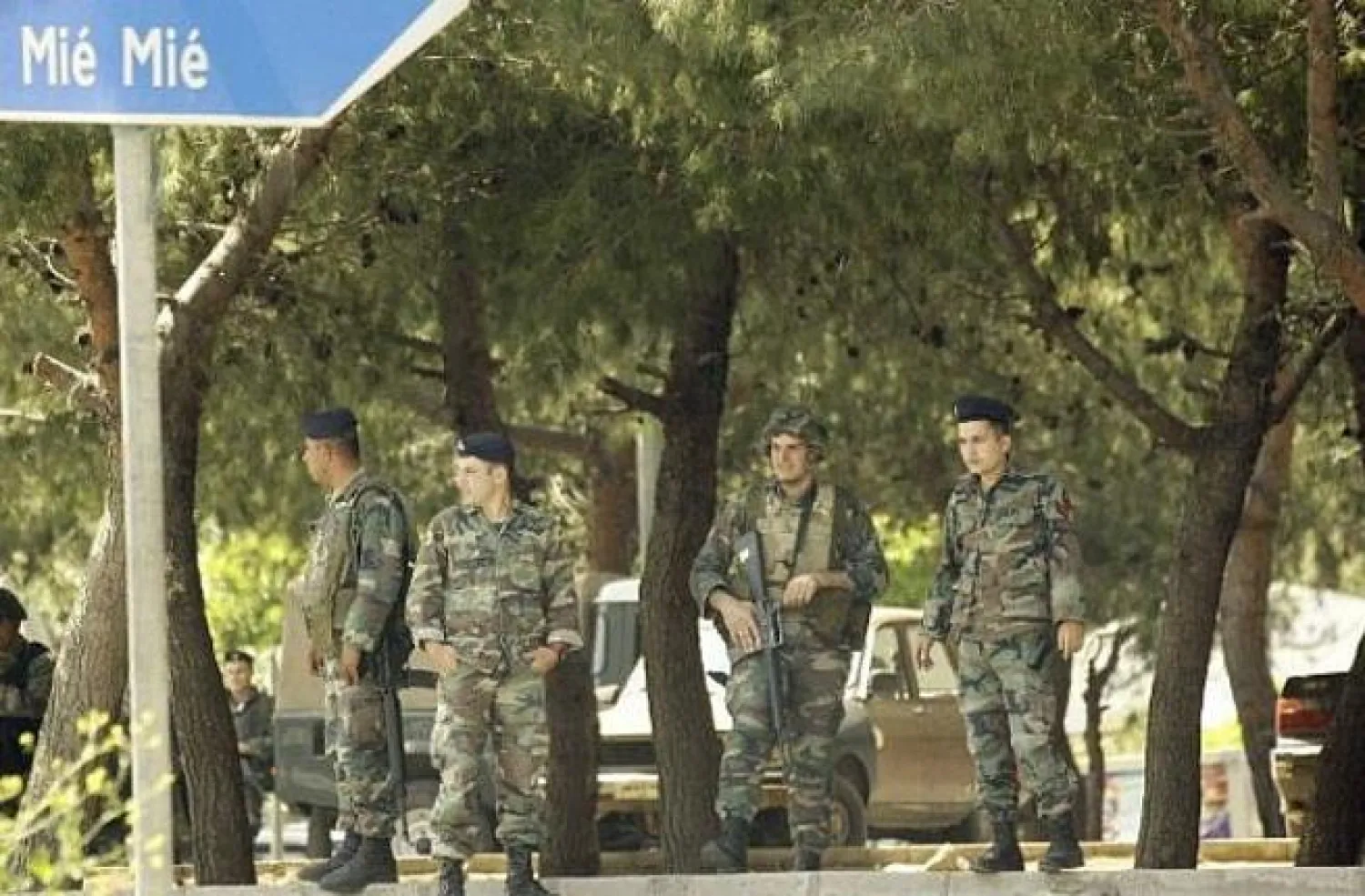An old conflict between Fatah and Ansarallah in the Mieh Mieh refugee camp in southern Lebanon broke out late Monday, as a personal dispute between two armed men led to violent confrontations that lasted until morning.
Palestinian and Lebanese security and political forces mobilized to contain the developments and succeeded in imposing a ceasefire, followed by withdrawal of the gunmen from the streets and the formation of a committee to follow up on the origin of the dispute.
The Mieh Mieh refugee camp, located about 2 km away from Ain el-Hilweh camp, is witnessing a struggle between Fatah and Ansarallah group over the leadership. According to Fatah sources, Jamal Suleiman, secretary-general of the opposing group, has been trying to impose himself as the leader of the camp.
Sources told Asharq Al-Awsat: “Mieh Mieh witnessed more than one assassination in the last period, the last of which was the death of Bilal Zaidan, a member of Ansarallah whom Suleiman accused of trying to kill him.”
Clashes between the two sides began on Monday night following a personal dispute that developed into an armed confrontation during which rockets were used. According to Fatah source, two members of the movement were killed and 16 civilians and Ansarallah members were injured.
Cautious calm has prevailed over in the camp on Tuesday after an agreement was reached on a permanent ceasefire, the second after the failure of the first agreement on Monday evening.
The agreement was reached during an emergency meeting held at the Mohammed Zgheib military barracks in Sidon between the director of the Lebanese Army intelligence branch in the south, Brig. Gen. Fawzi Hamadeh, the Palestinian national security chief, Major General Sobhi Abu Arab, and the Deputy Secretary General of Ansarallah Maher Awaid, with the participation of Hamas political official in Lebanon Ahmed Abdel Hadi.
Lebanese MPs condemned the recent clashes in the refugee camp. A member of the Development and Liberation bloc, MP Ali Osseiran, called for the Lebanese Army’s intervention in the camp to put an end to such confrontations.
“Army intervention in the camp is urgent and necessary to protect the unarmed and tormented Palestinian people from the chaotic use of weapons,” he stated.









